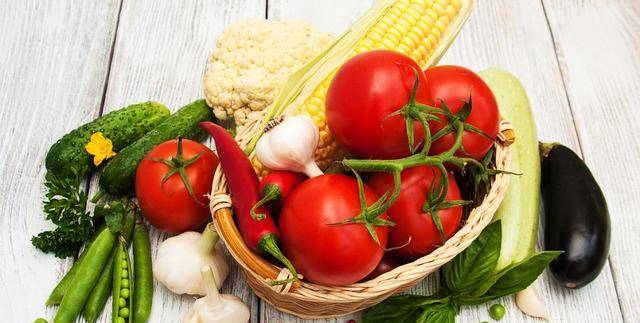Hyperlipidemia, an increasingly common health issue, is gradually coming into people’s view. With the improvement of living standards and changes in dietary habits, more and more people are facing the problem of hyperlipidemia. Hyperlipidemia may not only lead to serious health issues such as cardiovascular and cerebrovascular diseases but also impact the quality of people’s daily lives.
Therefore, for patients with hyperlipidemia, how to lower lipid levels through dietary adjustment has become their focus of attention. Among these adjustments, fresh vegetables and fruits, due to their rich nutritional value and unique health benefits, are recommended as a “wonder drug” for hyperlipidemia patients by many experts.
The nutrients such as vitamins, minerals, and dietary fiber abundant in fresh vegetables and fruits have multiple benefits for patients with hyperlipidemia. Firstly, the vitamin C and vitamin E in fruits and vegetables act as powerful antioxidants, helping to eliminate free radicals in the body, reduce lipid peroxidation, and thereby prevent atherosclerosis.
Secondly, minerals like potassium and magnesium in fruits and vegetables help maintain electrolyte balance in the body, promoting cardiovascular health. Additionally, dietary fiber in fruits and vegetables can increase the volume of food in the intestines, slow down the absorption of lipids in food, and thus lower lipid levels.
Among the many fruits and vegetables, hyperlipidemia patients can preferentially choose the following:
Apple: The pectin in apples can lower cholesterol levels in the blood, reduce lipid deposition in blood vessel walls, and have a positive effect on preventing atherosclerosis.
Kiwi: Kiwi is rich in vitamin C and dietary fiber, which can help eliminate free radicals in the body, promote intestinal motility, and reduce lipid absorption.
Spinach: Spinach is rich in potassium, magnesium, and other minerals, which help maintain cardiovascular health, and its dietary fiber can also aid in lowering lipids.
Tomato: Lycopene in tomatoes possesses various biological activities such as antioxidant and anti-inflammatory properties, protecting the cardiovascular system from damage and lowering lipid levels.
Carrot: Beta-carotene in carrots can be converted to vitamin A, helping maintain retinal health, and the dietary fiber in carrots can also aid in lowering lipids.
Of course, besides fresh fruits and vegetables, patients with hyperlipidemia should also pay attention to a balanced and diverse diet. Moderate intake of high-quality protein, low-fat dairy products, whole grains, etc., can provide necessary nutritional support to the body.
Furthermore, it is important to avoid excessive consumption of high-fat, high-sugar, and high-salt foods such as fried foods, desserts, pickled products, etc., to prevent worsening symptoms of hyperlipidemia.


